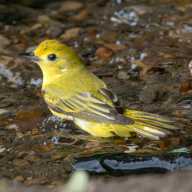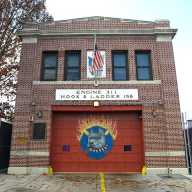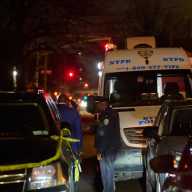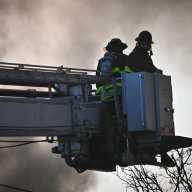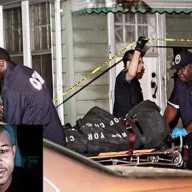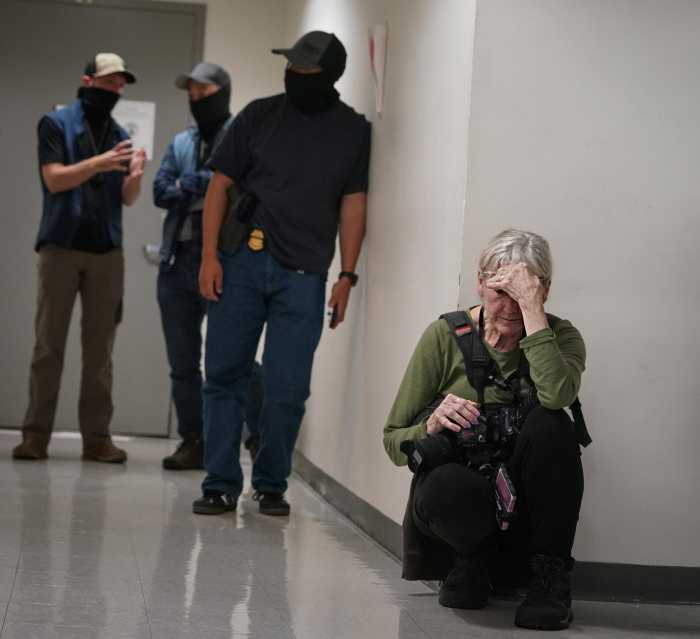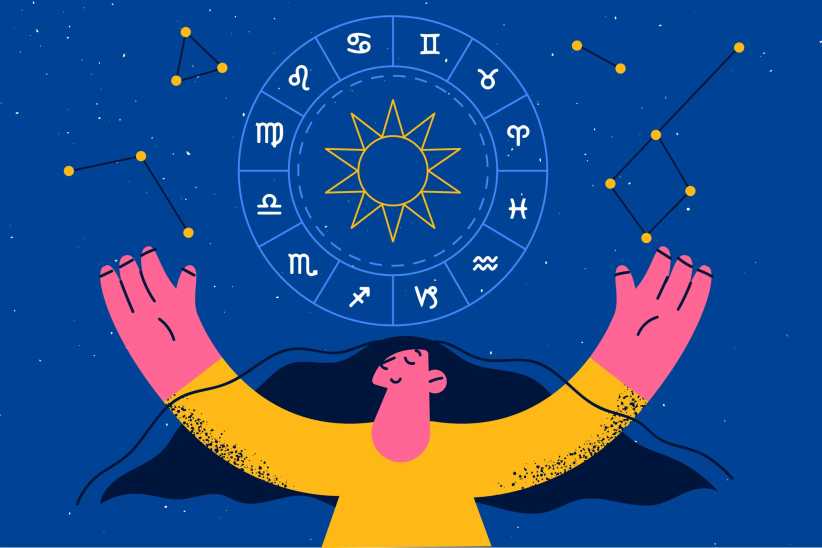More than 1,000 Bangladeshi Queens residents packed the Dhaka Club in Woodside to celebrate “International Mother Language Day.” The holiday commemorates the day when police in Bangladesh opened fire into a crowd of peaceful protestors on February 21, 1952.
“Bangladeshi shed their blood in 1952. This is our chance to show our love for those who died and show our love to our country and language,” said Nargis Ahmed, President of Bangladesh Society of New York.
At the time East Pakistan, now Bangladesh, was governed by Pakistan, and in 1948, the government imposed Urdu as the official language of its lands. However, most of the residents in the East Pakistan spoke Bangla, and in protest, thousands of students and protestors assembled in the streets for what they called, “State Language Day.”
The government pointed to an existing law that forbade large groups from assembling and took up a fixed position to quell the march. After at least four protestors were shot and killed, the government conceded and installed Bangla as the official state language of East Pakistan. However, the seeds of revolution were already sown. Bangladesh eventually began a nine-month war against Pakistan, and achieved independence in 1971.
Each year, Bangladeshi around the world commemorate the anniversary of Language Day by laying flowers on memorials constructed to resemble a monument erected after the incident, and in 1999, the United Nations declared the day “International Mother Language Day” to honor the various, worldwide struggles for the right to use a native tongue.
In Woodside, the festivities on Tuesday, February 20, which included patriotic songs and dances, lasted until 2 a.m., Ahmed said. Dancers from the Surbahar Bangladesh Cultural Academy performed dances with lit candles, and eight-year-old dancer Mafisha Syede painted her hands and feet with symbolic markings for the holiday - circles on her palms for the sun and red smeared around her finger and toenails to symbolize the protestors’ blood.
Celebrants also sang the most common song associated with the holiday, “Amar Bhaier Rokte Rangano Ekushey February,” which translates to “The 21st of February is the color of my brother’s blood.”



